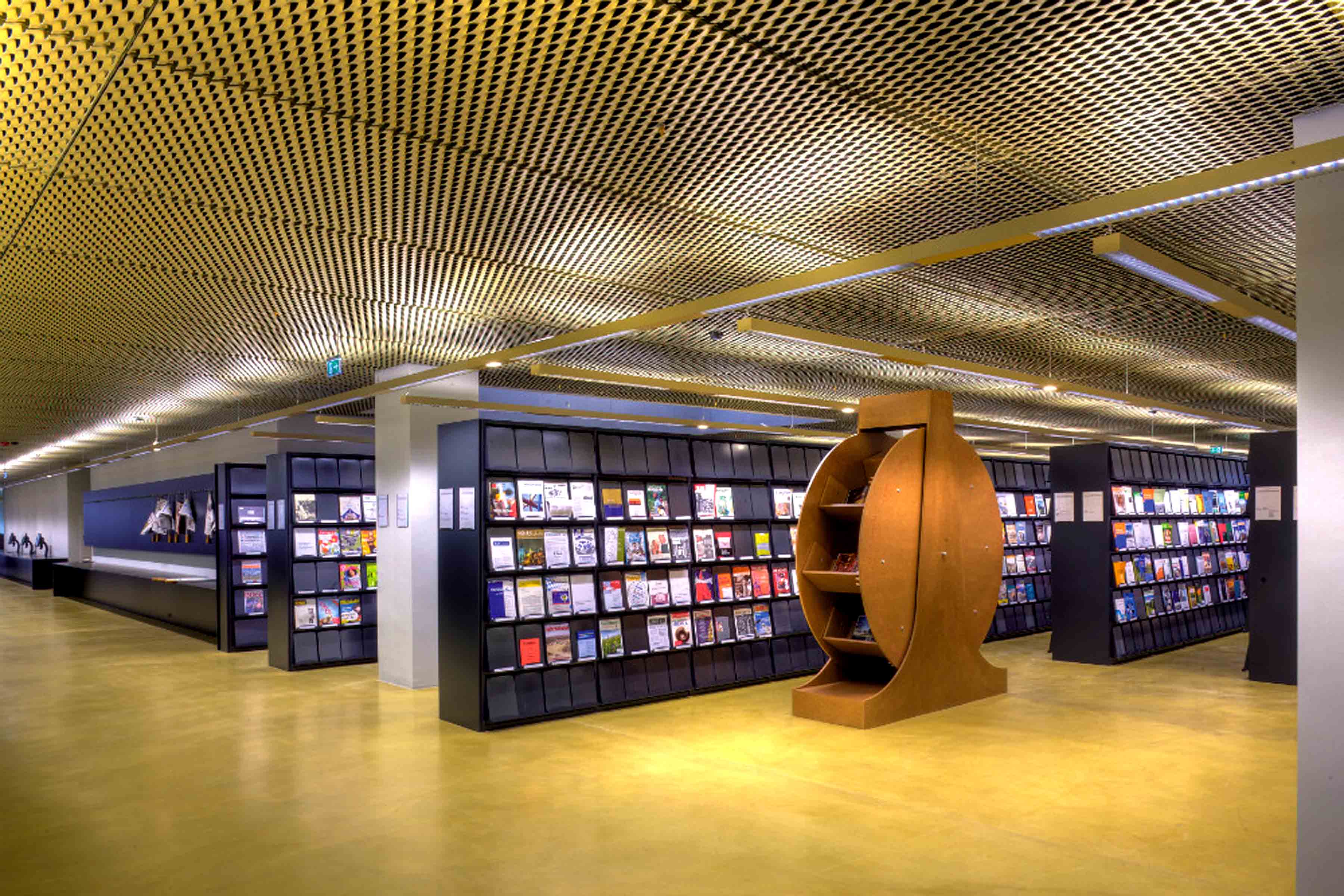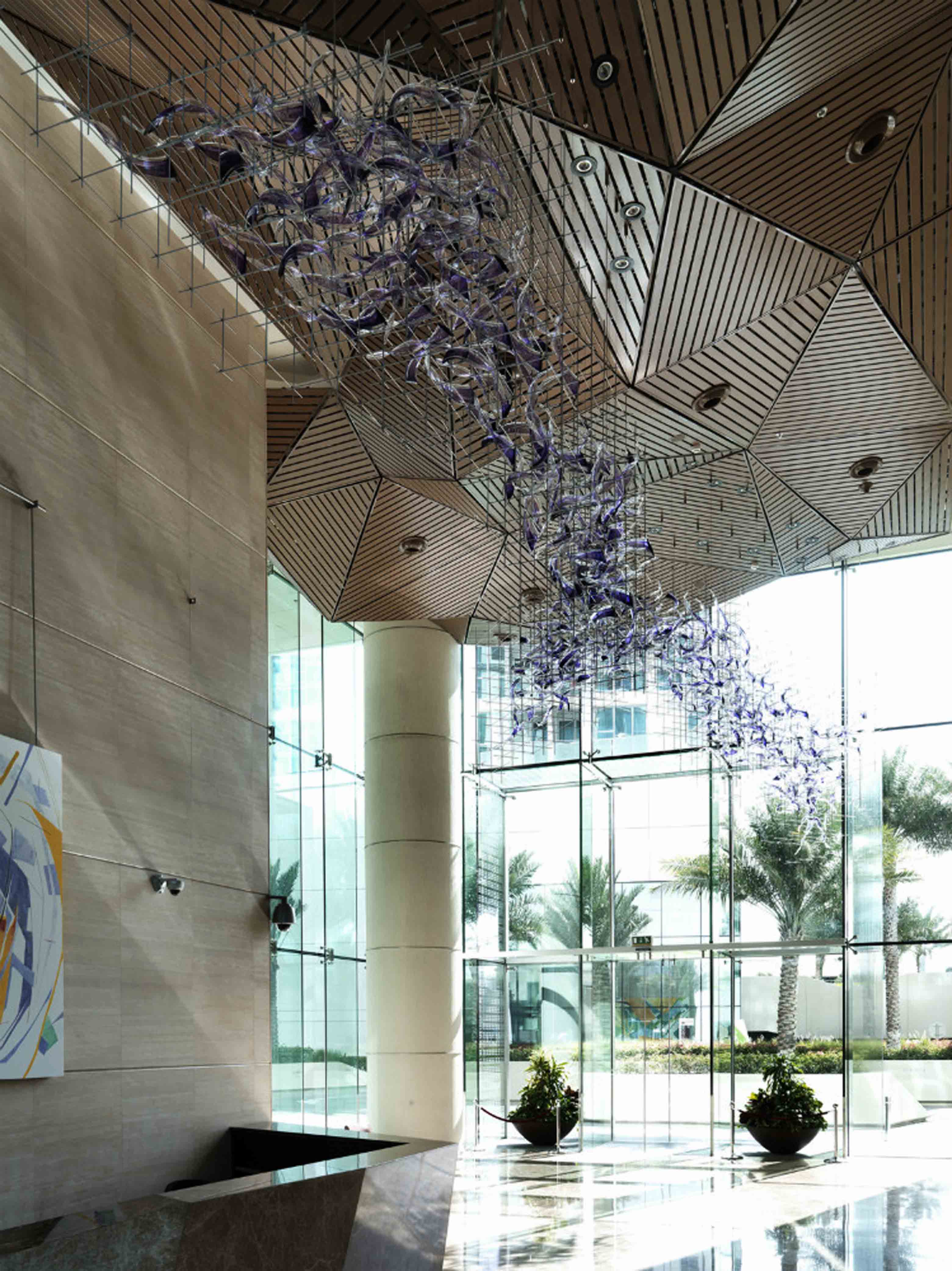Enhanced Acoustic Environments Can Lead to Productive, Safer, and More Pleasant Atmospheres in Offices, Healthcare and Education Sectors, and Public Space
Dubai, UAE
The Middle East’s strong tourism growth is driving demand for world-class interiors where large numbers of people live, work, play, and worship, according to a new whitepaper.
International tourism arrivals to the Middle East are set to nearly double from 61 million in 2010 to 149 million in 2030, according to a recent report from the United Nations World Tourism Organization. Global emerging economy destinations, including the Middle East, are growing at 4.4 percent per year, or double the rate of advanced economy destinations.
“Tourism growth and major events in the Middle East, such as World Expo 2020 in Dubai — set to attract 25 million tourists–are driving demand for world-class acoustics in interior locations, including boardrooms, hotels, restaurants, and sporting facilities,” said Santhosh Vallil, Sales Manager, Hunter Douglas Middle East.
Hunter Douglas is the Dutch manufacturing firm that commissioned the whitepaper “The Ceiling as an Acoustic Instrument for Cultivating Healthy and Productive Interior Climates.”
“With environmental factors like light, colour and temperature, sound influencing people’s performance and wellbeing, the importance of good acoustics cannot be underestimated,” added Vallil. “Contractors of all sizes must take into account acoustic solutions at an early stage of building development, with ceilings an ideal solution in realising optimal acoustics.”
Including acoustic design in the earliest stage of building design results inacoustic design being less than 0.5 percent of total building costs, according to the whitepaper. As a result, the gains of this investment will easily outweigh the cost in terms of more productive employees.
Acoustic Innovation Across Business, Healthcare, and Education Sectors
The whitepaper focuses on four areas that can potentially see the largest benefit from acoustic innovation: office space, healthcare, education, and public spaces.
With strong economic growth in the region, multinational corporations and homegrown entrepreneurs are expanding, driving demand for effective office space. Office noise results in decreased productivity, concentration problems, stress, and increased absenteeism. Using an acoustic ceiling with high absorption class prevents noise from being transported across larger distances.
The healthcare sector has been becoming vitally important across the region, thanks to increasing population and medical tourism. Sound-absorbing ceilings provide patients with the quiet and rest they need, and can potentially reduce rehospitalisation.
In education, acoustic experts have found that students exposed to poor acoustics miss much of what their teachers are saying, leading to concentration problems and fatigue. Ceilings that reduce reverberation enable students to concentrate better, and boost learning results, while teachers do not need to strain their voices.
Enhanced acoustic environments in public spacescan lead to more one-on-one conversations in the hospitality sector from hotels to restaurants; provide safer athletic atmosphere in sports facilities; and create more pleasant atmospheres in malls, public buildings, and places of worship.
Download the whitepaper here: http://assets2.hunterdouglascontract.com/documents/ceiling/Brochures/Middle%20East/Brochure-Whitepaper-Akoestiek-en-AE.pdf
About Hunter Douglas
Hunter Douglas is global market leader of window coverings, and an important player for innovative, aesthetic, high-quality architectural sun control, ceiling and façade systems.
For almost 50 years, Hunter Douglas products have contributed to the sustainable thermal, acoustic and visual appeal of buildings across a wide range of branches and sectors, from trade to industry and from the catering business to government. These products consistently meet the needs of architects, designers and contractors, thanks to Hunter Douglas’ intensive collaboration with these parties. Minimising environmental impact and waste flows is a vital part of the development, production, distribution, servicing and reuse of each product.
The main office of the Hunter Douglas Group is in Rotterdam, the Netherlands. Local units on every continent include over 60 factories, 100 assembly plants and marketing offices in over 100 countries. Over 16,500 staff members around the world invest their talents and skills in Hunter Douglas. For more information, please visit www.hunterdouglas.co.uk


